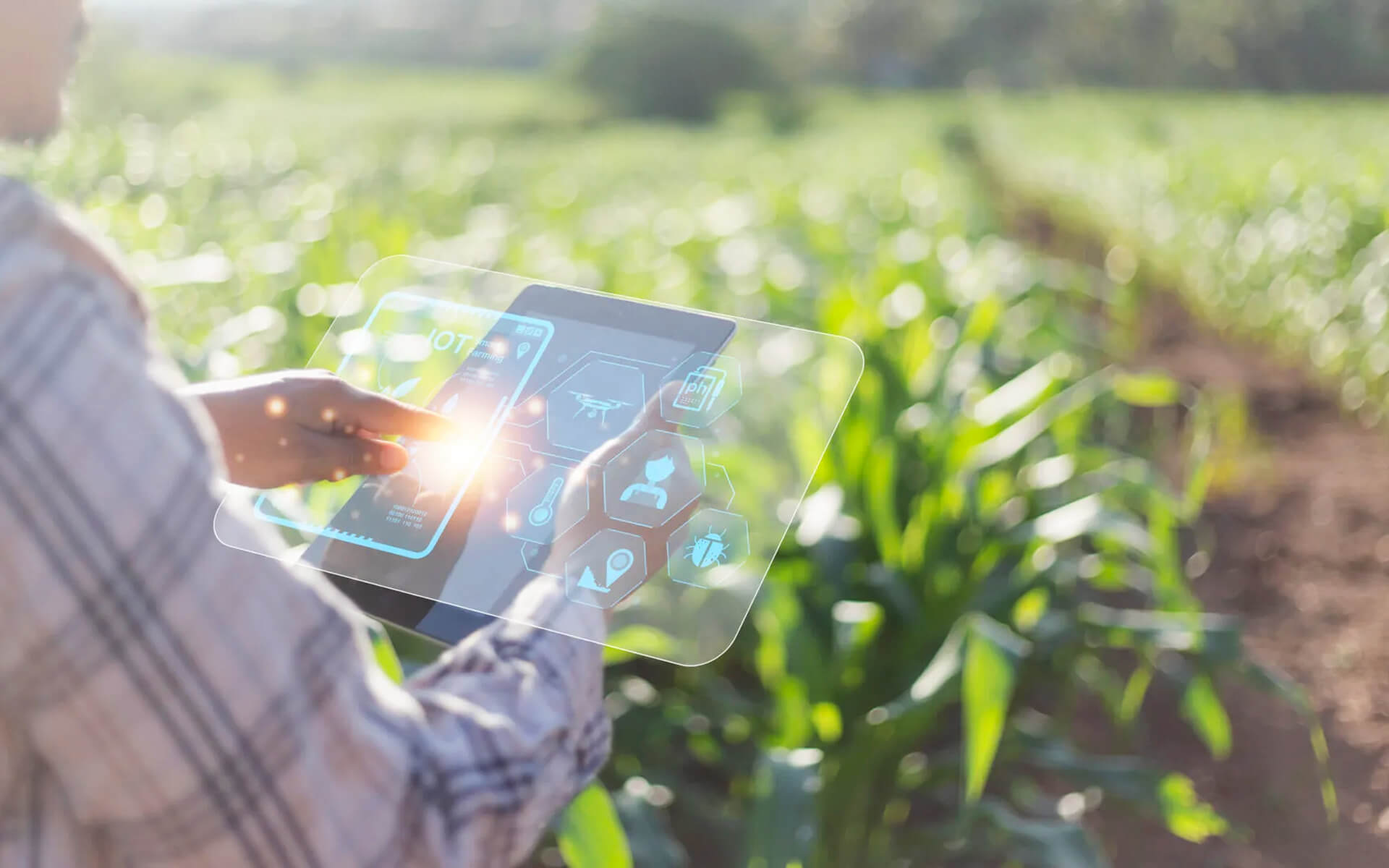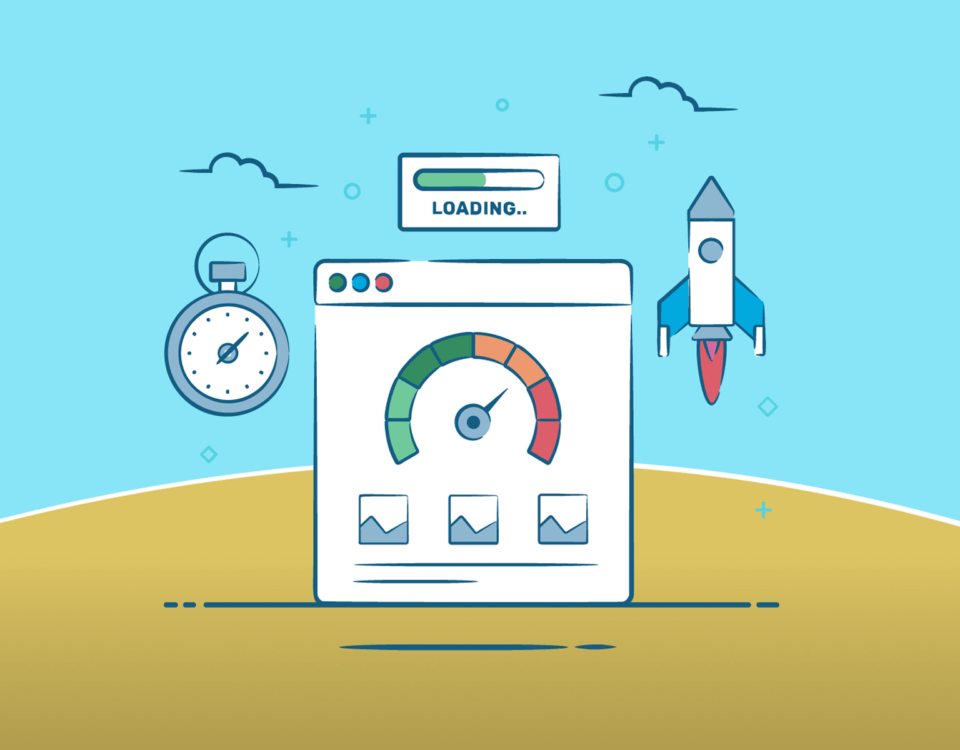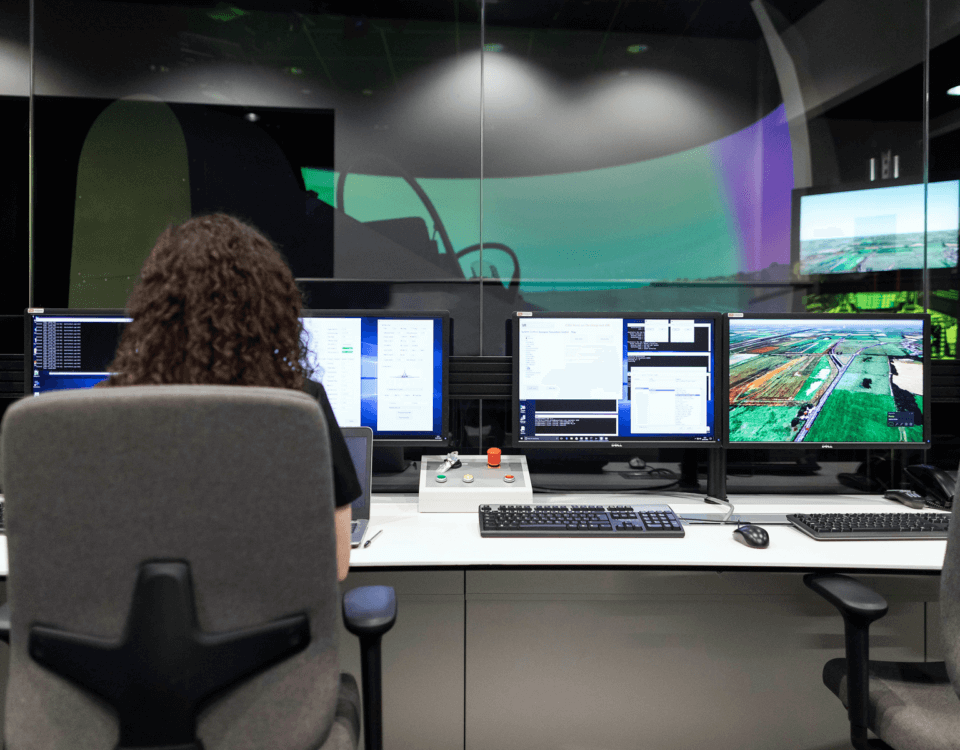
Understanding RDLC Files: A Comprehensive Overview
October 16, 2023
Creating Your First Microsoft Teams ReactJS Tab App
November 6, 2023
The challenge of providing adequate and nutritious food to all is complex, but the integration of artificial intelligence (AI) is offering a ray of hope. AI can revolutionise the way we approach food production, distribution, and resource management, ultimately helping us solve world hunger.
Precision Agriculture
AI's application in agriculture, known as precision agriculture, has the potential to significantly increase crop yields and reduce food wastage. Through sensors, drones, and data analysis, AI can provide farmers with valuable insights into crop health, soil conditions, and weather patterns.
Crop Monitoring and Disease Detection
One of the key factors contributing to food scarcity is crop loss due to diseases and pests. AI-powered systems can monitor crops continuously, identifying signs of disease or infestations early on. This early detection allows farmers to take swift action, preventing crop damage and safeguarding the food supply.
Climate Change Mitigation
Climate change is disrupting traditional farming practices with unpredictable weather patterns and extreme events. AI can analyse climate data to predict potential disruptions and help farmers adapt accordingly.
Food Distribution and Supply Chain Optimization
Efficient food distribution is crucial for addressing world hunger. AI can optimise supply chain logistics, ensuring that food gets to where it's needed most. Through real-time monitoring and predictive analytics, AI can help minimize food waste by reducing spoilage and ensuring timely delivery to regions suffering from food shortages.









